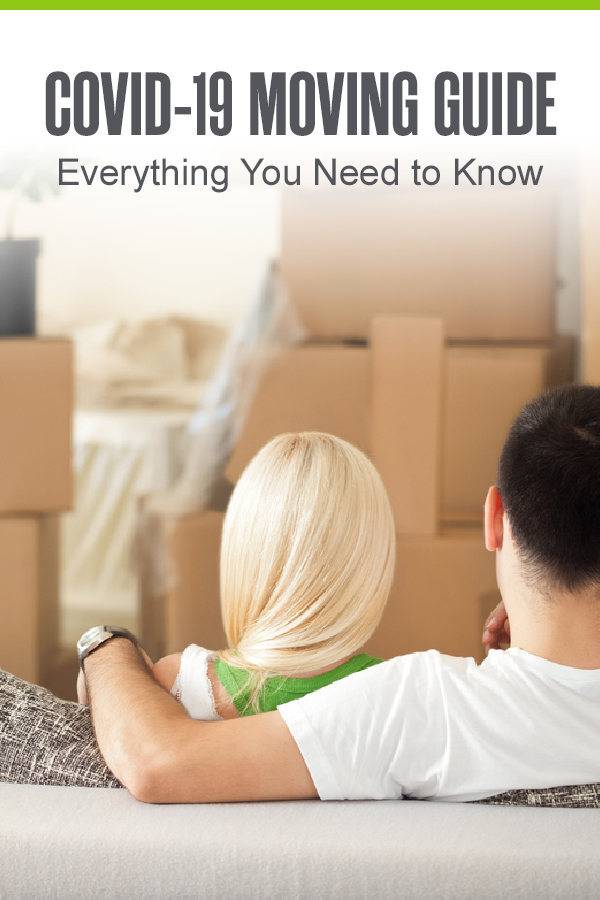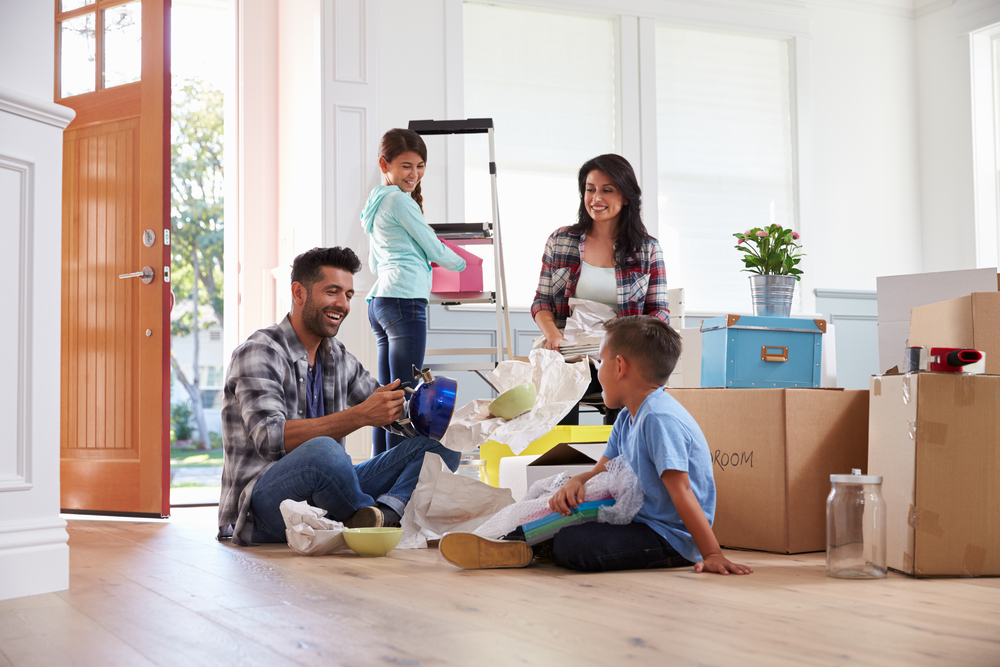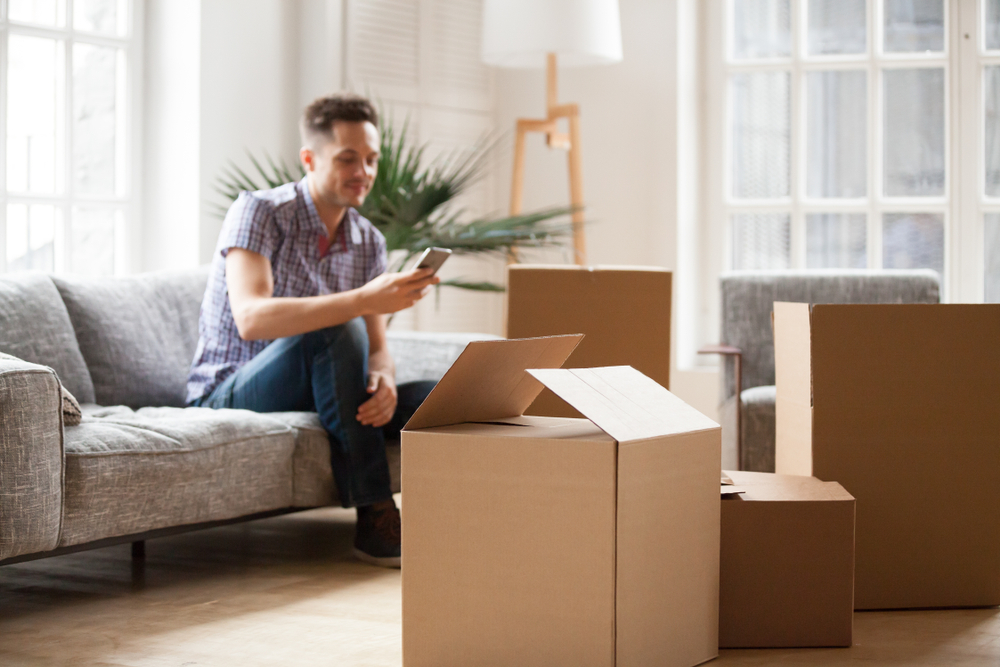Are you scheduled to move during COVID-19? Whether you’re between homes because your lease ended during this time or because you had a move planned before coronavirus became an issue, it’s important to understand your options. Check out our helpful moving guide for COVID-19 to stay as safe as possible!
- Is Moving During COVID-19 Risky?
- Should You Reschedule or Cancel Your Move?
- What If You Can’t Reschedule or Cancel Your Move?
- Can You Hire Professional Movers?
- Can You Rent a Moving Truck?
- Can You Rent Self Storage?
- Do You Need to Pack Items Differently?
- How Should You Clean After Moving?
- What Else Should You Be Aware of When Moving?
Is Moving During COVID-19 Risky?

Photo via @ingermancompany
To prevent the spread of coronavirus, the CDC recommends practicing social distancing, good cleaning habits, and avoiding unnecessary public outings. Unfortunately, the process of moving to a new home could conflict with some of those recommendations, as you might come into contact with a number of people, such as a realtor, an apartment manager, a home seller or buyer, a crew of movers, etc. In that sense, moving could be considered an unnecessary risk, so you might consider postponing or canceling your move, if possible.
Of course, there are situations in which you could still safely move without coming into contact with other people. For example, if you’re able to complete paperwork without in-person contact and move belongings without the help of others—beyond those in your personal household—you could still move during this time.
Another thing to consider when determining whether or not it’s risky to move during COVID-19 is the distance of your move. Short-distance moves, like those within the same town, will be easier to manage than long-distance moves across state lines. Depending on where you live now and where you’re moving, lockdowns may restrict certain services and travel options, which could make it impossible for you to move.
If your plan was to move cross-country, check for any travel restrictions that might be in place in your state, as well as the state you’re moving to and those you’ll be traveling across. If you’re able to proceed with your cross-country move, make sure you do plenty of research ahead of time to ensure you know what policies have changed with the airlines, hotels, rest stops, and more you’ll encounter throughout the moving process.
Should You Reschedule or Cancel Your Move?
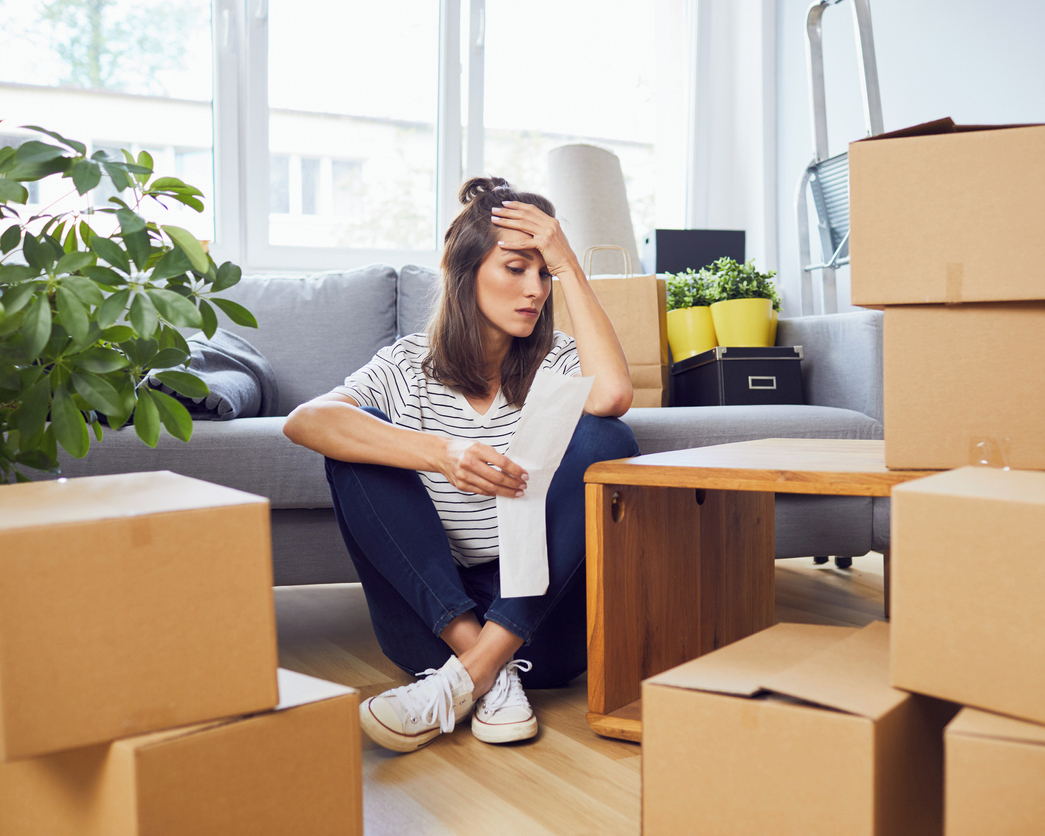
Photo via @perezbrothersmoving
If your moving timeline coincides with COVID-19, you might want to look into your options for rescheduling your move or canceling it altogether. Unless your move is time-sensitive or unavoidable for other reasons, putting it off can help keep you—and others in the community—safe during this uncertain time.
Regardless of whether you choose to postpone or cancel, make calls and send emails to all involved parties as early as possible. Check with your realtor, rental property management, landlord, or the company relocating you to see if you’re able to change moving timelines due to COVID-19 concerns. Not only can asking for this information help you figure out your next steps, but it can also potentially help you avoid losing money.
What If You Can’t Reschedule or Cancel Your Move?
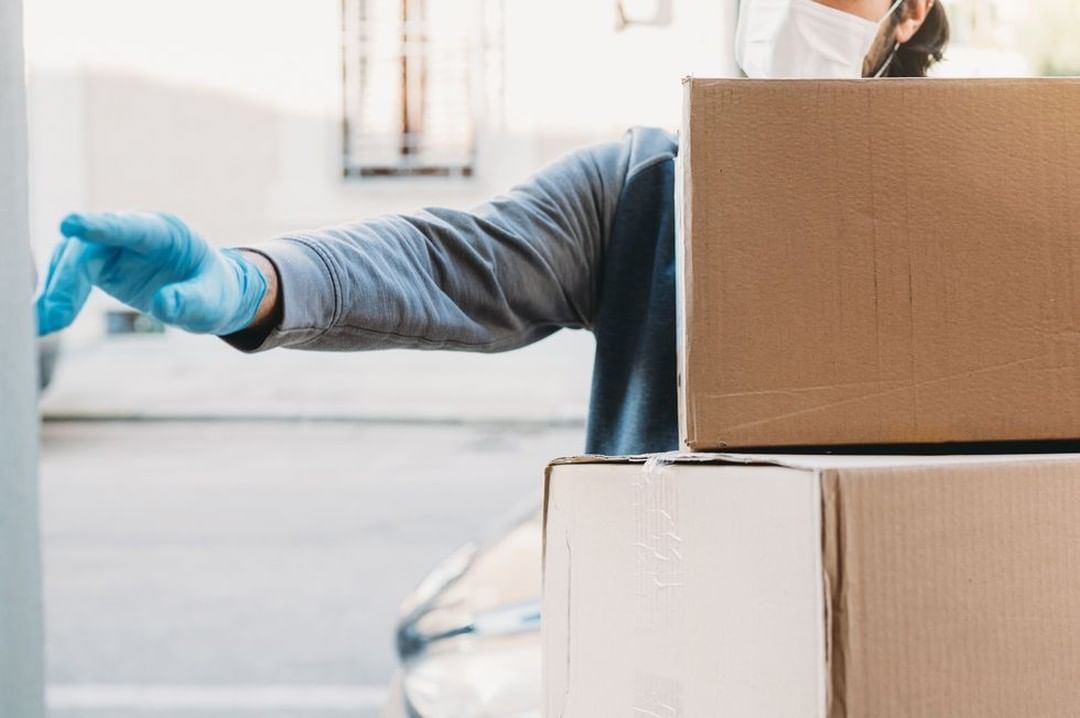
Photo via @ingermancompany
You can still move into a new home during COVID-19, though you’ll need to take extra precautions to protect yourself and those within your household.
Here are a few things to keep in mind when going forward with your scheduled move:
- Stick to phone calls and emails instead of in-person meetings when possible
- Wear a mask and stay six feet apart if meeting with someone in person
- If possible, pack and move everything yourself or only with help from those in your household
- Contact all parties involved to discuss updated COVID-19 guidelines and/or company policies
- Thoroughly clean surfaces in your current home before moving out
- Ask how your new home will be cleaned prior to your move-in date
- Schedule your move during a weekday at a time when people are less likely to be out
In addition, you should have the following protective supplies ready for your move:
- Masks
- Rubber gloves
- Hand sanitizer
- Alcohol cleaning wipes OR cleaning spray and paper towels
Download Our Moving Day Checklist Today!
Looking for an easy way to simplify your life? Download our Moving Day Checklist now to help you keep things in perfect order!
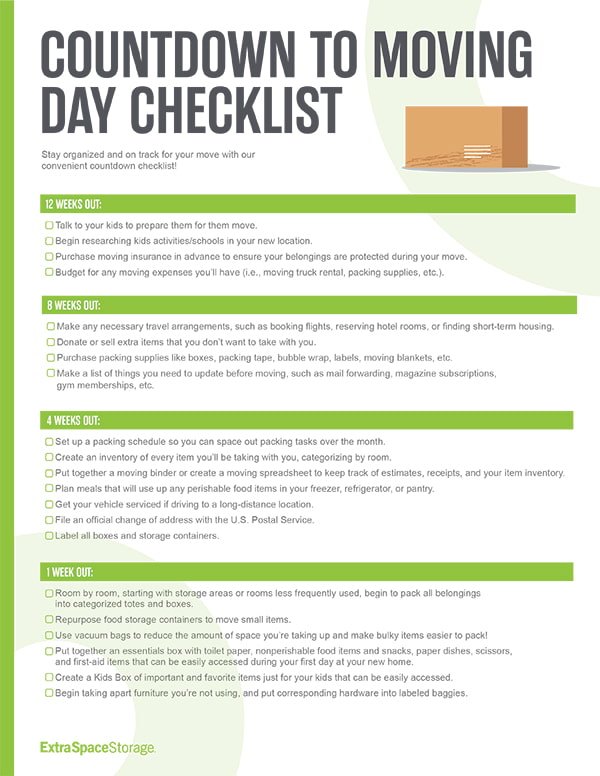
Can You Hire Professional Movers?
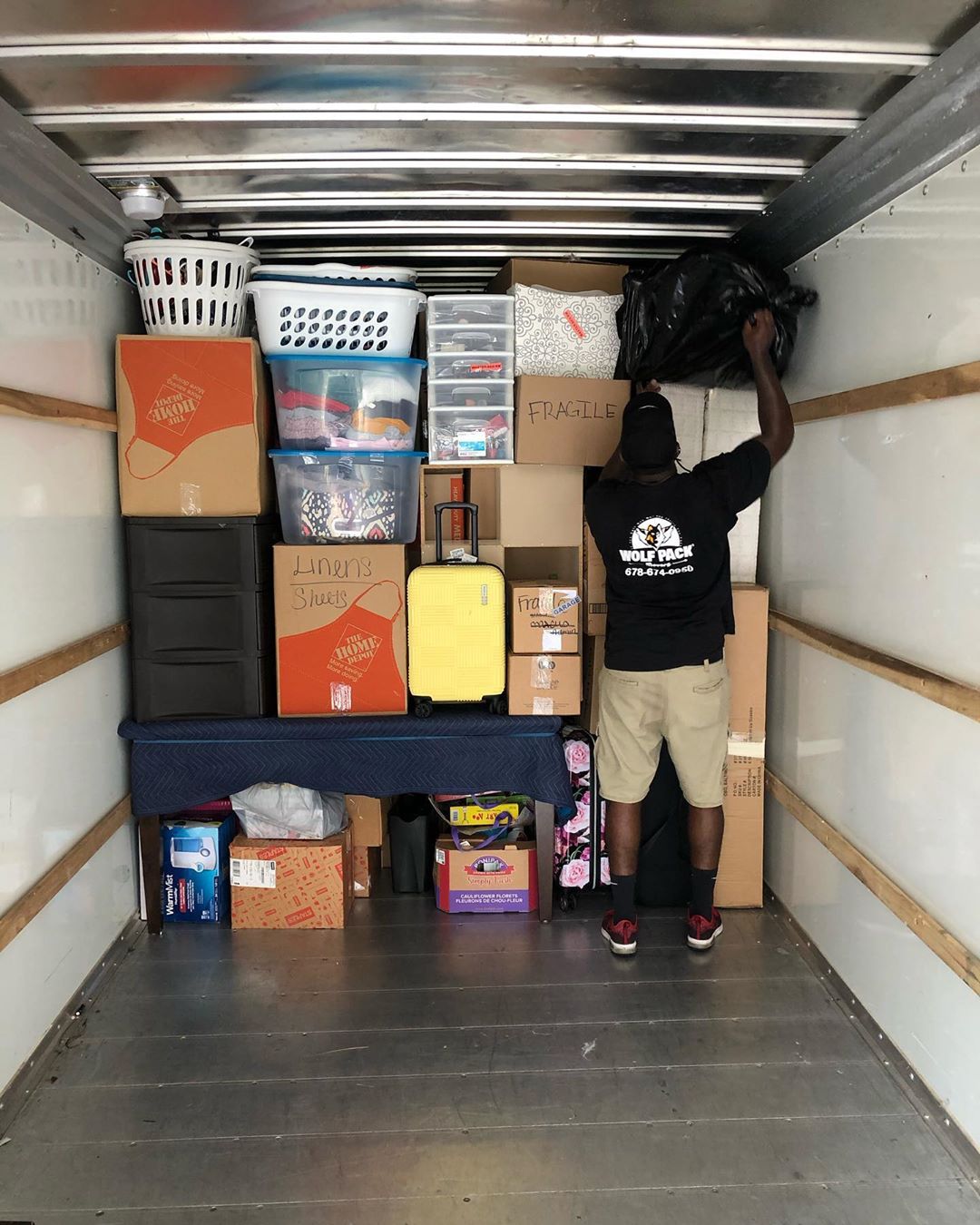
Photo via @wolfpackmovers
Because movers are considered “essential workers,” you shouldn’t have an issue finding a professional moving company that’s remained open for business. However, if you’re willing and able to handle moving on your own, you might consider doing this instead of hiring movers. This can help you avoid unnecessary social contact.
If hiring professional movers is a must for your situation, then you should contact the moving company early on in the process to ask about how they’re handling moves differently in light of COVID-19. Keep in mind that the adjustments the company has made could affect your moving timeline, the number of movers available to help you, and how you’re able to interact with movers on your moving day.
When your moving day comes, make sure that you’re following social distancing guidelines, wearing a mask during in-person interactions, and embracing frequent hand-washing and sanitation methods. This can help keep you, the movers, and anyone else you come into contact with safe throughout the process.
Can You Rent a Moving Truck?

Photo via @bustnmoves
If you’d prefer to move your belongings on your own, renting a moving truck can be helpful. Most moving truck rental companies are still allowing people to rent moving trucks during COVID-19; however, you’ll need to be aware of any changes to rental processes and policies in regard to coronavirus. For example, pick-up and drop-off locations may have changed, and the reservation process may have moved entirely online.
Contact your local moving truck company for more information on what your options are and what precautions they’re taking to ensure their rental trucks are kept clean for moves taking place during COVID-19.
Can You Rent Self Storage?
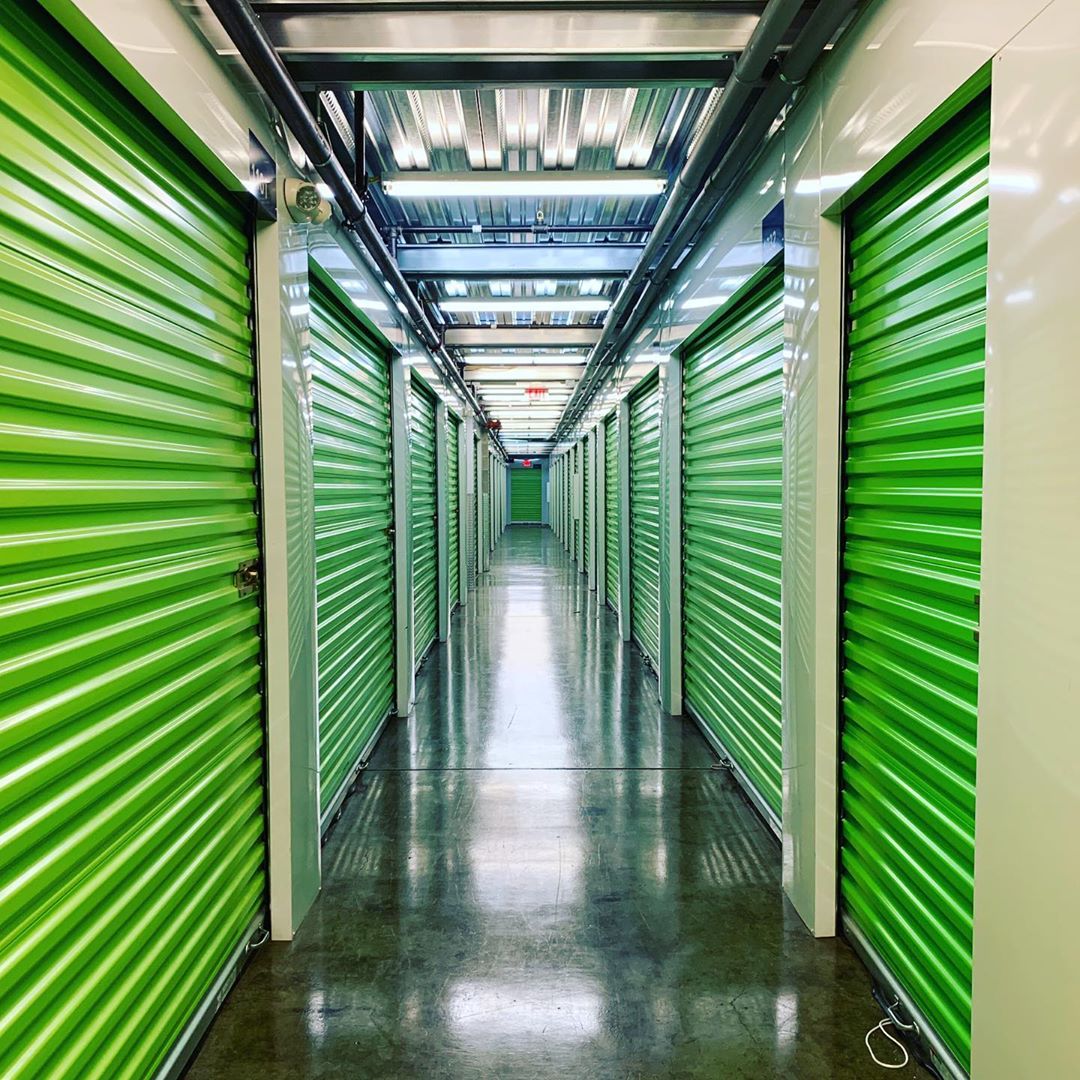
Photo via @tentpitcher
Most storage facilities have continued to operate during COVID-19, so you should have options available in your local area should you need a storage unit before, during, or after your move.
At Extra Space Storage, we’ve implemented several safety measures and COVID-19 policies to provide a safe, clean environment for our customers and our employees. This includes no-contact renting options that allow customers to reserve storage units, sign leases, and process payments without in-person interaction, as well as updated cleaning guidelines and additional facility sanitation supplies.
Do You Need to Pack Items Differently?
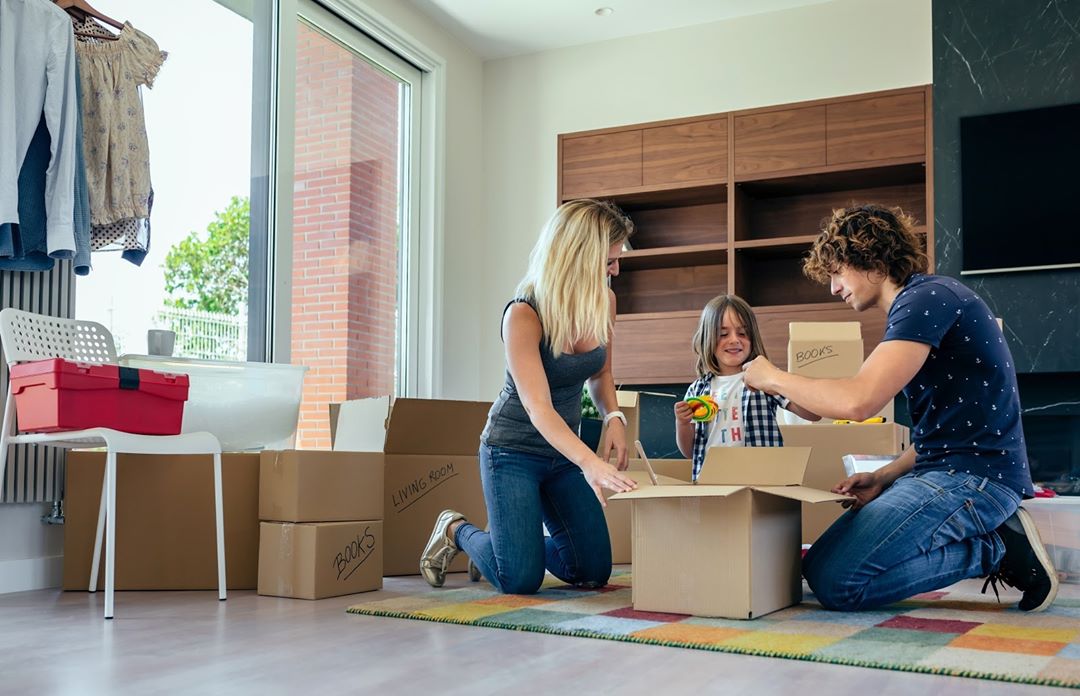
Photo via @ipsnycmovers
There are plenty of general packing tips you can use for your move, but you should also incorporate a few additional packing steps if you’ve hired movers or if you’re using a rental truck for COVID-19 moving. This can help you keep your items clean and reduce the risk of coronavirus transmission.
When packing items during COVID-19, use the following tips:
- Pack everything yourself to limit outside contact
- Disinfect any furniture or items with hard surfaces
- Use plastic wrap on furniture and items that won’t go into boxes
- Wipe down plastic storage bins and moving containers inside and out
- Limit contact with boxes and belongings after you’ve finished packing
How Should You Clean After Moving?
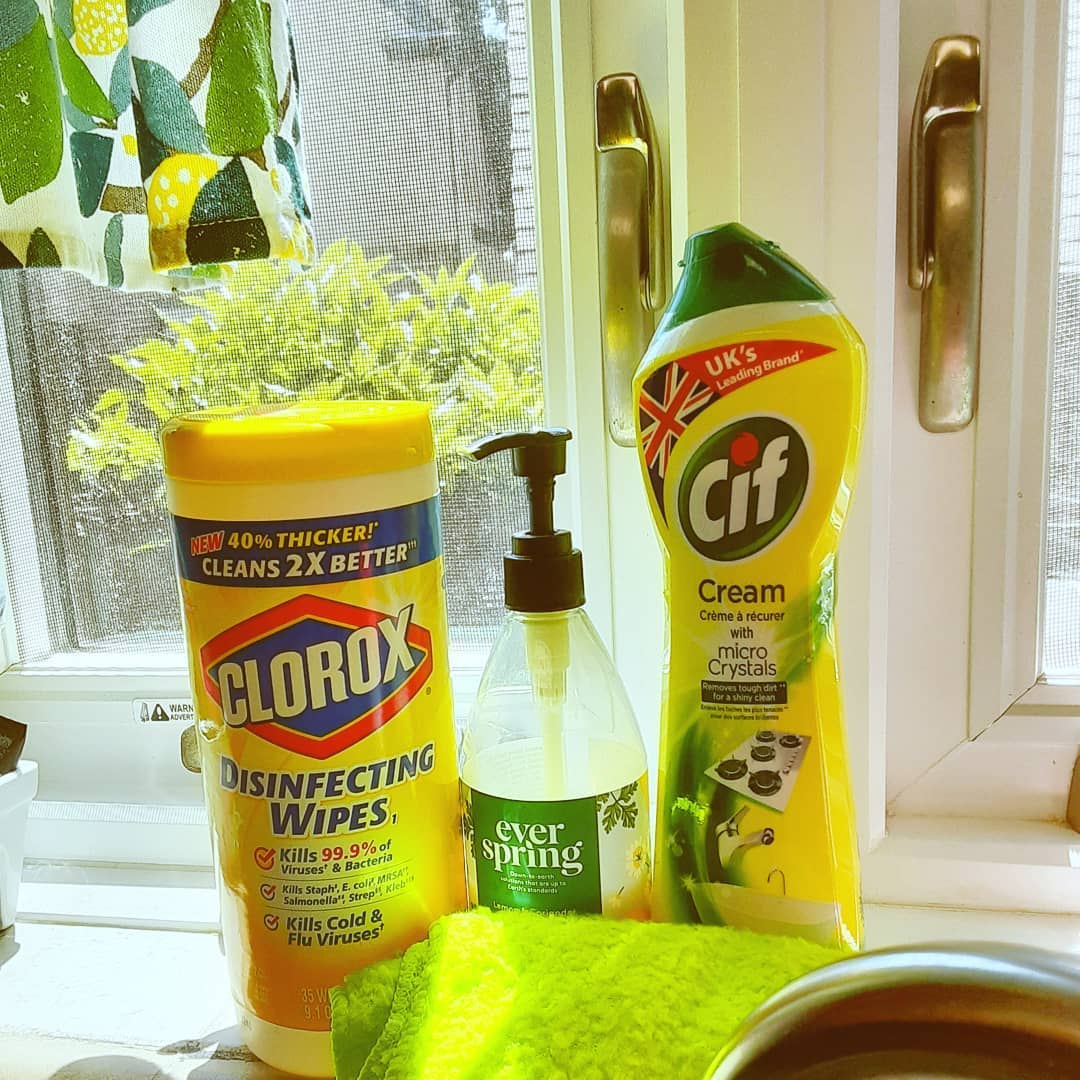
Photo via @clean.mah.house
To be extra cautious after moving into a new home during COVID-19, clean everything from top to bottom. Start by wiping down hard surfaces in your new home. Even if it’s a brand new home or if the previous resident cleaned, it’s possible that other people have been in your home recently and touched these surfaces—people like movers, builders, realtors, property managers, maintenance workers, or the friends and family who helped you move. Cleaning these surfaces is just an extra step in protecting yourself and those in your household.
As you unpack your belongings, remember to wash your hands thoroughly before touching your face or eating food. You might also consider cleaning certain items after you’ve unpacked them. For example, you could run your dishes through the dishwasher, put your clothes and linens in the laundry, and disinfect items that weren’t moved to your home in a box or container.
Check out this CDC guide for further instructions on cleaning and disinfecting your home during COVID-19.
What Else Should You Be Aware of When Moving?
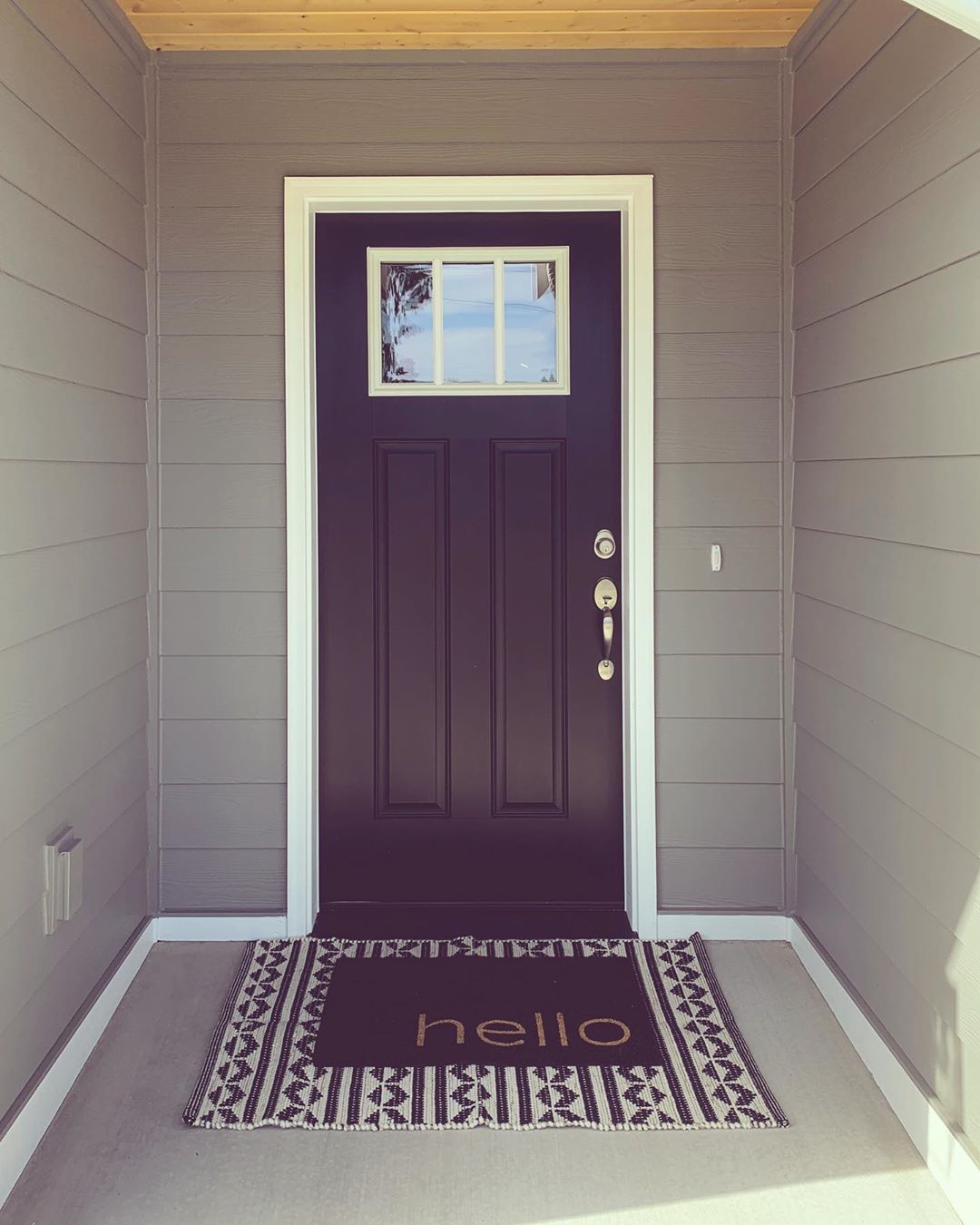
Photo via @youngmamajohnson
There’s a chance COVID-19 could impact other aspects of your move, such as changing your address, setting up utilities, updating your license, or registering your vehicle. Many of these things may take longer than usual due to overwhelmed customer service lines, limited business operations, temporarily closed government offices, and more. Try to plan ahead as much as possible to get these post-move tasks taken care of in advance so that you’re not struggling to get your new home and new life set up.
If you’re planning a move during COVID-19, check out this handy moving checklist, these tips for how to pack moving boxes, and this advice for moving in a hurry!
***
Need a storage unit while moving to a new home? Extra Space Storage has self storage facilities throughout the nation, so we can assist in your transition. Find available storage units near you!
